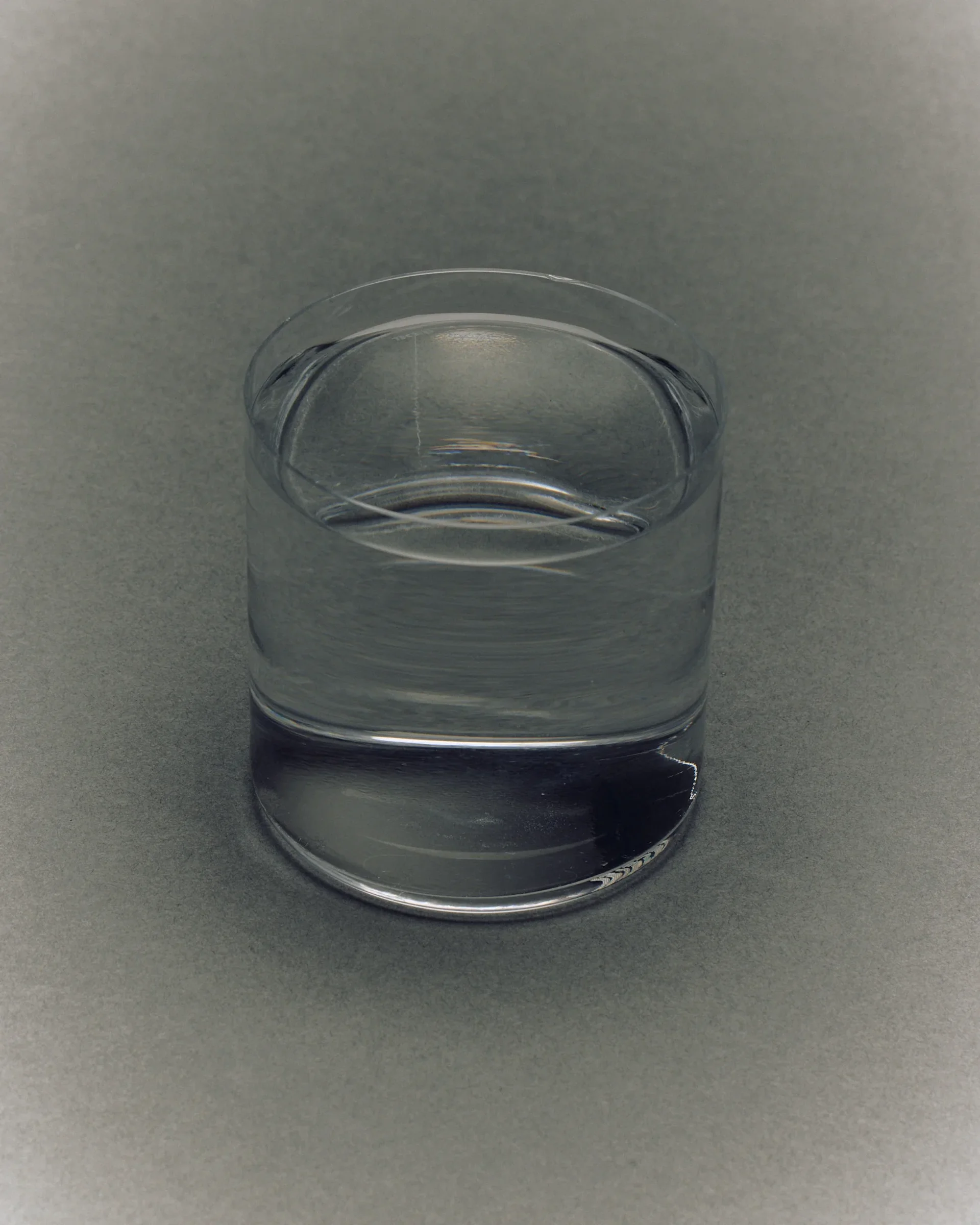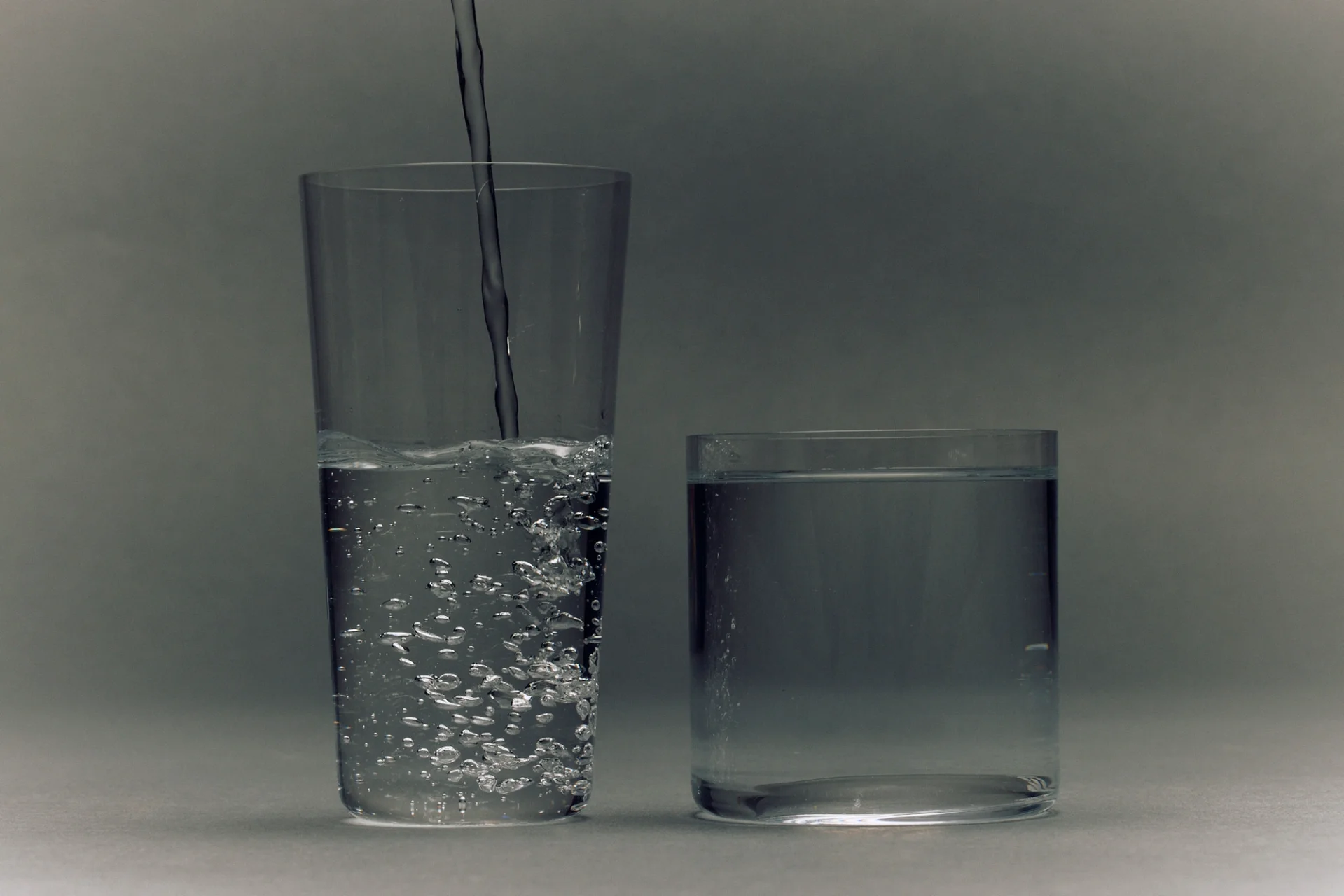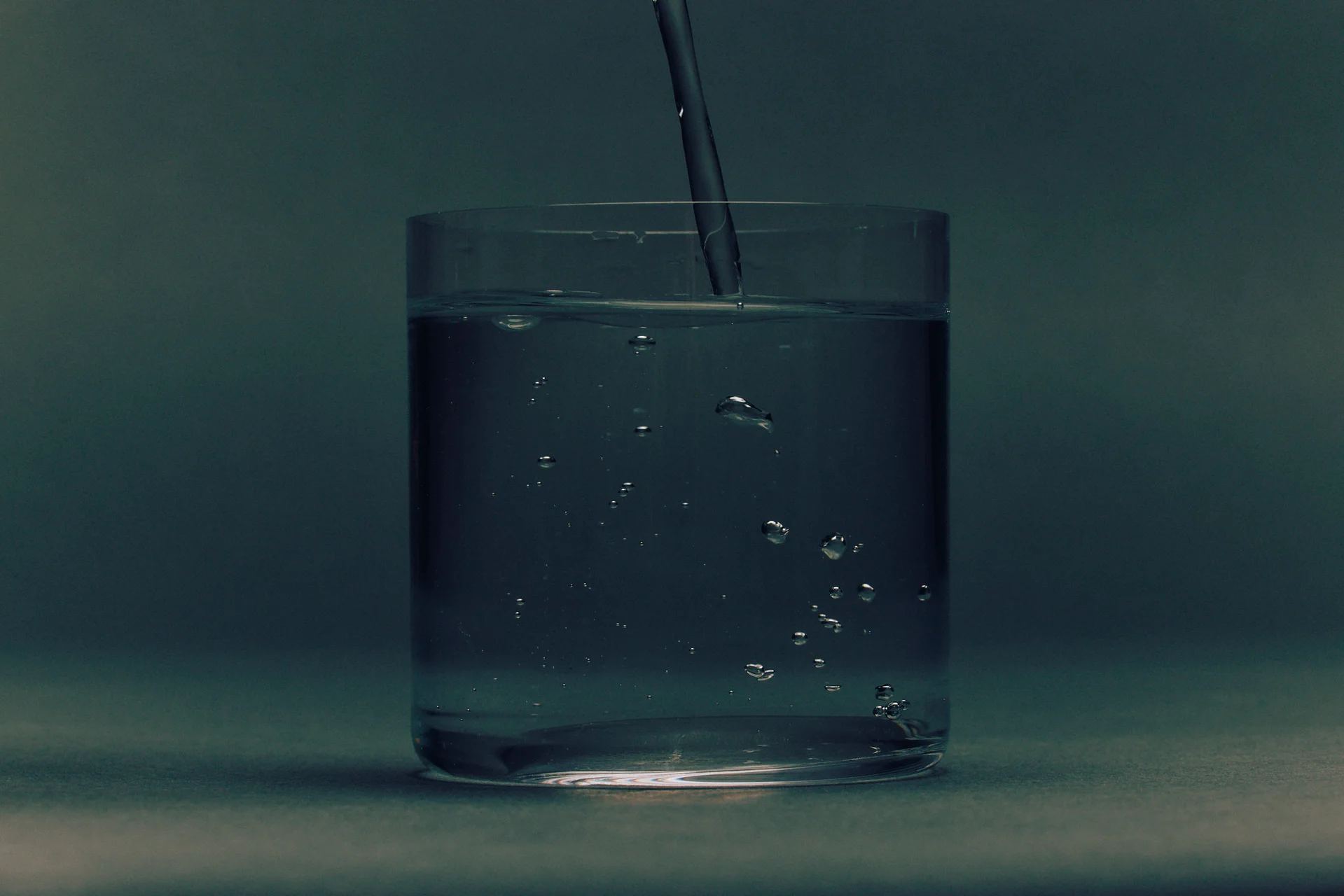
Education: Why Filtering Your Tap Water Matters When You’re Breastfeeding
One of the simplest, most overlooked ways to support your postpartum health and your baby’s early development.
Words
- Lucy Fitzgibbons, clinical naturopath
Imagery
- Natalie McKain & Amy Woodward

Photography by Natalie McKain & Stylist Brigitte Hill.
As a breastfeeding mum, your body is doing something extraordinary — nourishing another human with the milk it makes. That’s no small feat. And while you’re giving so much of yourself, it’s also a time to protect your own wellbeing, and your baby's rapidly growing body, too.
One of the simplest, most overlooked ways to support your postpartum health and your baby’s early development? Filtering your tap water.
Here in Australia, we’re lucky to have access to treated tap water that’s considered safe by national standards. But that doesn’t always mean it’s ideal for your healing body — or for your baby’s. Even “safe” water can contain things your body doesn’t need — chlorine, fluoride, trace heavy metals, and chemical by-products from disinfection. These chemicals may seem harmless at first glance, but they can accumulate in your body and potentially be passed into your breast milk, exposing your baby to environmental toxins.


Photography by Amy Woodward.
Filtering your water reduces chemical exposure and minimises heavy metal intake — both of which support your natural detox pathways and reduce strain on your liver and hormones. It also lowers your exposure to substances known to disrupt the endocrine system, which is crucial when your hormones are doing delicate work to recover and produce nutrient-rich milk for your baby.
Research demonstrates that environmental factors, including exposure to certain water contaminants, can affect breast milk composition and potentially infant health outcomes.
Chlorine
- One of the most common chemicals found in tap water is chlorine, used to disinfect and kill bacteria. But when chlorine interacts with organic matter, it forms disinfection by-products (DBPs). While these chemicals are typically present in small amounts, studies have shown that even low levels of these DBPs can pass into breast milk. While the research is still growing, early findings suggest that even low levels of DBPs could have health implications for developing infants, including potential impacts on thyroid function, immune system development, and neurodevelopment in infants.
PFAS
- Other pollutants, such as perfluorinated alkyl substances (PFAS), also known as “forever chemicals,” have been shown to alter the lipid profile of breast milk and may have long-term implications for both maternal and infant health.
Heavy Metals
- Heavy metals like lead, arsenic, cadmium, and mercury are known to contaminate drinking water, especially in areas with older plumbing or industrial pollution. These metals can accumulate in breast milk, and even small amounts can harm your baby’s development. Lead, for example, has been linked to neurological and cognitive issues in children, which is especially concerning when infants' brains are growing rapidly during the first months of life.


Photography by Photography by Amy Woodward.
From a naturopathic lens, any opportunity to lower unnecessary chemical stress on a tiny, growing body is worth considering. For both your and your baby’s health, filtering out these compounds makes sense.
Practically speaking? Filtered water tastes better. From my experience in clinic, I have found that patients who switch to filtering their water tend to drink more and are generally better hydrated. When water is clean and crisp, you naturally want to drink more of it, and staying well-hydrated is one of the best things you can do to support your milk supply.
As a naturopath, I believe that when we reduce chemical exposure, your body can focus more fully on healing, balancing, and producing nutrient-rich milk. Hydration plays a big role in keeping your milk supply flowing, and giving your body clean, mineral-rich water is such a simple way to support it. So, if you’re navigating this beautifully demanding chapter of motherhood, let this be a reminder: small, conscious choices matter, and your body and your baby will thank you for it.
Next Entry
Common Contaminants in Australian Tap Water
When looking at your overall health a good place to start is considering what exactly you’re replenishing your body with. Despite what you may think, Australian tap water is not exempt from the presence of various contaminants that can compromise its quality and pose potential health risks.
